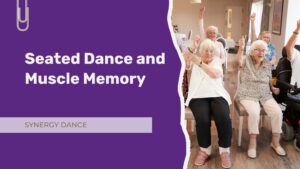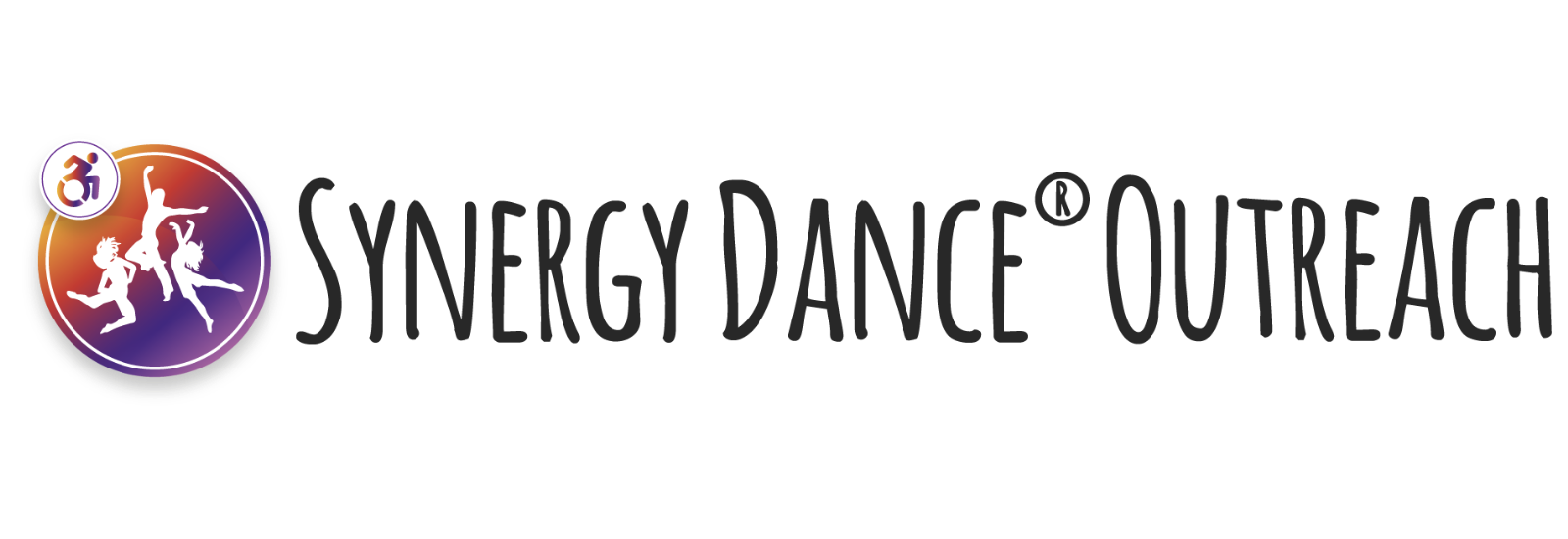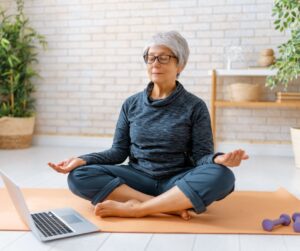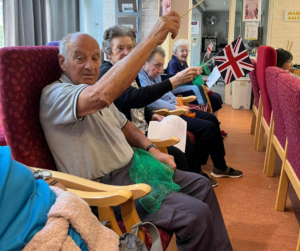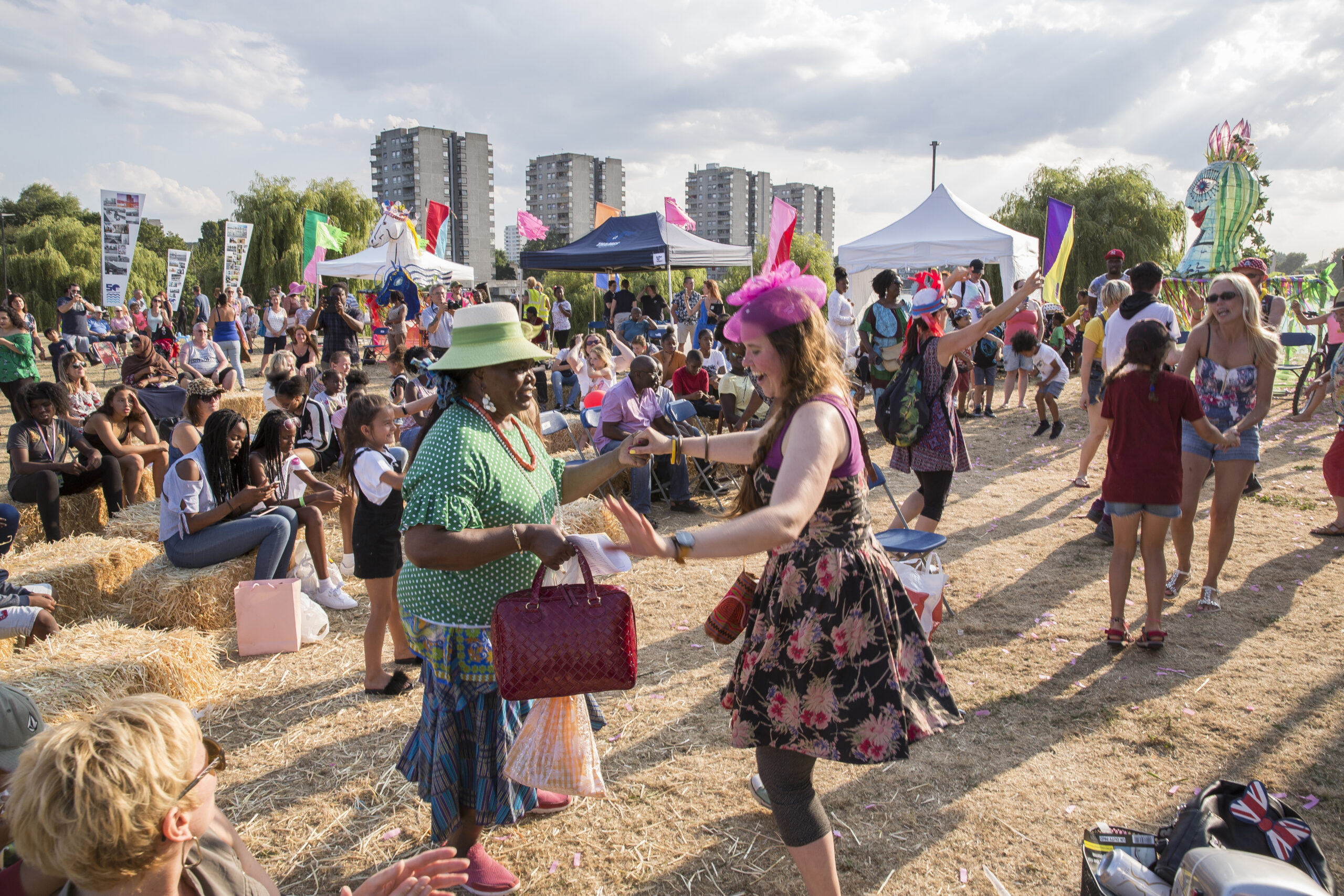
Come and explore the benefits of Seated dance and muscle memory using our digital, on demand workouts.
Muscle memory has been described as ‘the ability to reproduce a particular movement without conscious thought, acquired as a result of frequent repetition of that movement.’
In other words, your body takes over and performs familiar movements from memory on autopilot. Before this can happen, there is a transition from conscious awareness of a newly acquired movement to the automatic performance of it.
According to neuroscientists, the movements become familiar and mapped in the brain, creating a shorthand between thinking and doing.
How long does it take to develop muscle memory?
The time frame for developing muscle memory varies depending on factors including your age, fitness level and workout complexity.
Regaining muscle memory quickly after a period of inactivity depends on how fit you were initially, how long you had been exercising for, and how long the layoff was.
The effect on the brain
Studies show that the brain is boosted through repeated practice of a physical task. When physiologists talk about muscle memory, they mean the phenomenon whereby previously trained muscles acquire volume and strength after a period of disuse much more quickly than never-trained muscles do when starting from scratch.
Research has demonstrated that changes persist in the muscles themselves. In a study of mice, the nuclei in muscle cells proliferated in response to training and were not lost during subsequent periods of inactivity.
Genetic factors
Another area of research into muscle memory addresses changes in how your genes work in response to your environment and behavior. In the muscle cells, genes get switched on and off in response to exercise in order to make certain proteins. So long-term changes to these genes could drive muscle memory.
Advantages of exercise for building muscle memory
The more you exercise, the more advantages you’ll build up. And researchers believe muscle memory may even be permanent. In a study of men in their 50s to 70s participants completed a resistance training regimen, followed by a non-training period, then a retraining period (each 12 weeks long). Less than eight weeks of retraining were needed to reach the post-training level of greatest strength.
Synergy’s exciting routines to boost muscle memory
ParaStars Dance™ is a seated dance and movement class for adults with a disability or long-term health condition, while ParaStars Progressive Dance™ is for adults and seniors with a disability or long-term health condition. Regular participation in these fun classes will enhance muscle memory, and there are a host of other benefits too.
Upbeat music and fun dance moves boost resilience and fitness in these classes. Participants improve flexibility, muscle strength and wellbeing whilst seated at home or in a residential setting.
Benefits include stress reduction, greater flexibility, toning and fitness and boosting the immune system. Classes include some exercises for upper body only and some exercises for upper and lower body to offer diversity and levels.
Regular attendance will improve core strength, motor skills, improve posture and bring the confidence to learn a new skill. The lessons also help to enhance mental health and aid restful sleep. Our friendly teachers guide you through a range of themes and styles to increase your range of movement, focus on rhythm and boost your wellbeing. Get ready to have fun while you dance! This course is made up of 10 lessons and some props are included.
https://synergy-dance-online.teachable.com/
